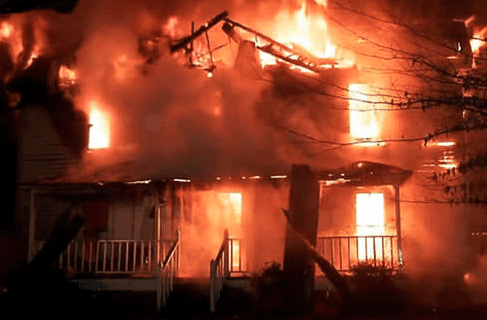Episode 14: The need for realistic training
Episode 14: Interview with Dave Casey, Director of Louisiana State Fire & Emergency Training Institute on the need for realistic training. Length: 57 minutes click the YouTube icon to listen _____________________________________________________ If you are interested in taking your understanding of situational awareness and high-risk decision making to a higher level, check out the Situational Awareness […]
Episode 14: The need for realistic training Read More »

